Tipping is very much a North American expectation in the service industry. When it comes to travels, tipping goes far beyond just providing a gratuity at the restaurant. You might be reasonably expected to tip housekeeping, concierge and even your butler. The contrast is exemplified by two countries; Japan where tipping is frowned upon, and USA, where the American Hotel & Lodging Association has formal guidelines on providing gratuity to hotel employees.
During my travels, I personally subscribe to the ideas of Adam Smith:
“It is not from the benevolence of the butcher, the brewer, or the baker that we expect our dinner, but from their regard to their own interest. We address ourselves not to their humanity but to their self-love and never talk to them of our own necessities but of their advantages”.
In more colloquial speak; you scratch my back and I’ll scratch yours.
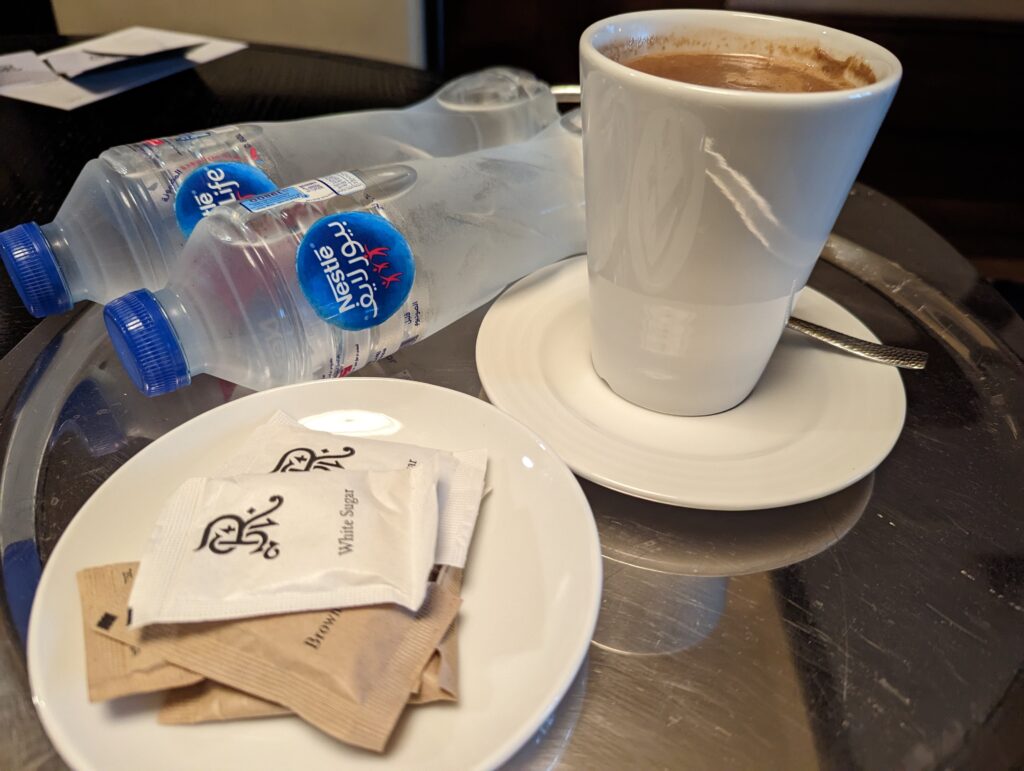
Over time, I have changed my approach, I no longer tip the hotel staff. I bribe them with cash, before the service is provided. I want them to know, if you scratch my back, I’ll scratch yours. Bribing hotel staff have led to a significantly better travel experience for me and my family.
What are my experiences with this approach?
Tipping (or bribing) the breakfast staff
I always request for a breakfast server who will be working the entire duration of my stay at the hotel. That way, I am able to build a rapport with a single server who will take care of me the entire stay. My first step, as I sit down for breakfast, is to actually bribe the server.
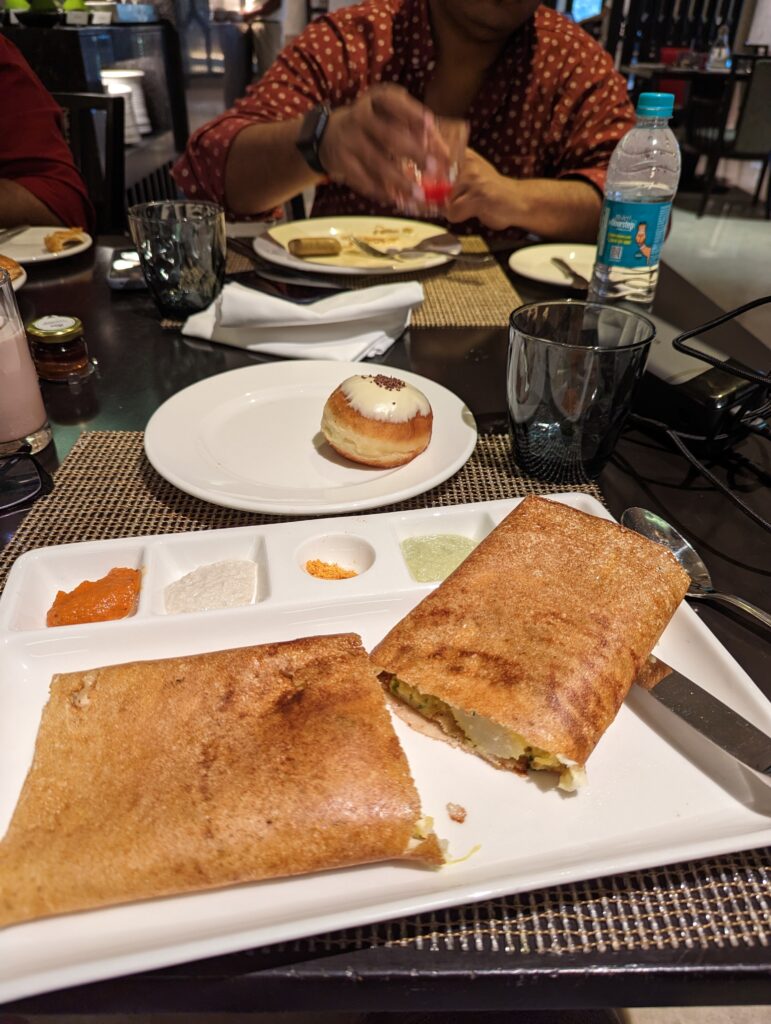
There are two things that happen as soon as a bribe is extended:
- The a la carte menu becomes part of my buffet for free, and,
- I never have to wait in line.
In my experience, the hotel buffet of many luxury hotels normally encompass a subset of the items on the a la carte menu. Once the bribe has been offered, the whole a la carte menu becomes my buffet with complimentary table service.
The second point relates to something you see in Asia at times; a line to get into the restaurant. On more than one occasion, I have been patiently waiting in line, and the server (who I know will be working the entire duration of my stay in the hotel) recognizes me in the crowd, immediately takes me aside, and gets me a table. Many customers complain, wondering why I’m being prioritized over other guests. The server will smoothly answer that I was here before the other guests and so am being seated. A complete lie, but an incredible way to save time.
Tipping the complimentary chauffeur
It is very common in North America to have luxury hotels provide a car service for commuting within the vicinity. Once the bribe has been paid, the bell staff are now certain they will receive a tip prior to service delivery.
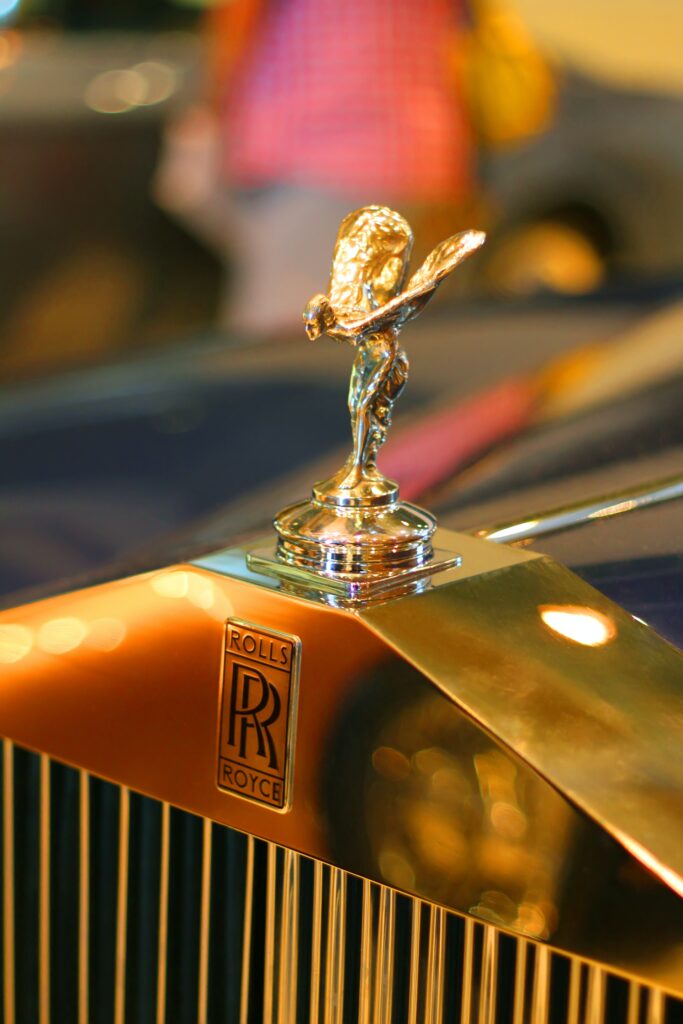
There are typically three restrictions around a complimentary car service in most luxury hotels in North America:
- Limited timings, e.g., from 8am to 10pm,
- Limited service area,
- Waiting times for the car service
All three problems are solved once you have tipped prior to service delivery. The reality is, when an employee can personally benefit from a transaction, they will make sure to prioritize you over anyone else.
In North America, I frequently jump the line to be taken care of as soon as my request is made.
Tipping for free meals
This happens a lot in hotel dining restaurants. Many of us have had the experience of a hotel trying to charge you for services that you did not consume. It creates a sense of frustration, because a hotel is where you let your guard down and trust the staff.
In my experience though, the opposite typically happens. I have seen a lot of missing food items on my bill. In one of my stays, it became a very vicious cycle. If I see a missing item on my bill, I typically add an additional gratuity (in addition to the bribe), about 50% of the missing cost item. I feel like one of the hotel staff figured this out, and over time, I started having more bill errors. Ultimately, it ended with a free meal at the hotel’s premiere luxury restaurant.
Okay, not quite free, but I tipped the staff 50% of what it would have reasonably cost me.
Conclusion
All three examples, have been touched upon by literature:
“One issue is the possibility that a tipped employee will behave in a manner that is harmful to an employer in order to increase tips (for example, by giving the customer free desserts or drinks)”
The examples I’ve provided are textbook examples of this risk. But if hotels are going to continue encourage tips, and argue that tips are for guests’ benefit, I may as well take advantage by timing my gratuity smartly.
Like in any organization, employees talk to each other. So once a bribe has been provided in the restaurant, chances are, many employees in a luxury hotel are aware of your proclivity to tip.
If you have never stayed at the hotel before, it is important to bribe the staff in advance of the interaction. Make it very clear that this is a bribe and nothing less than a bribe. In those situations, it is important to bribe the right person: you don’t want to bribe the new employee whose following all protocols. You want to bribe that experienced employee who has been in the industry for years and understands the limits of their employer.
But regardless of your situation, it is important to get value out of your bribes. In Las Vegas it even has a formal name: “the $20 trick”.
Hence, I never tip. I always bribe. I bribe carefully because I want to ensure my back is being scratched in exchange for that money.
In more formal speak, if you take care of me, I’ll take care of you.




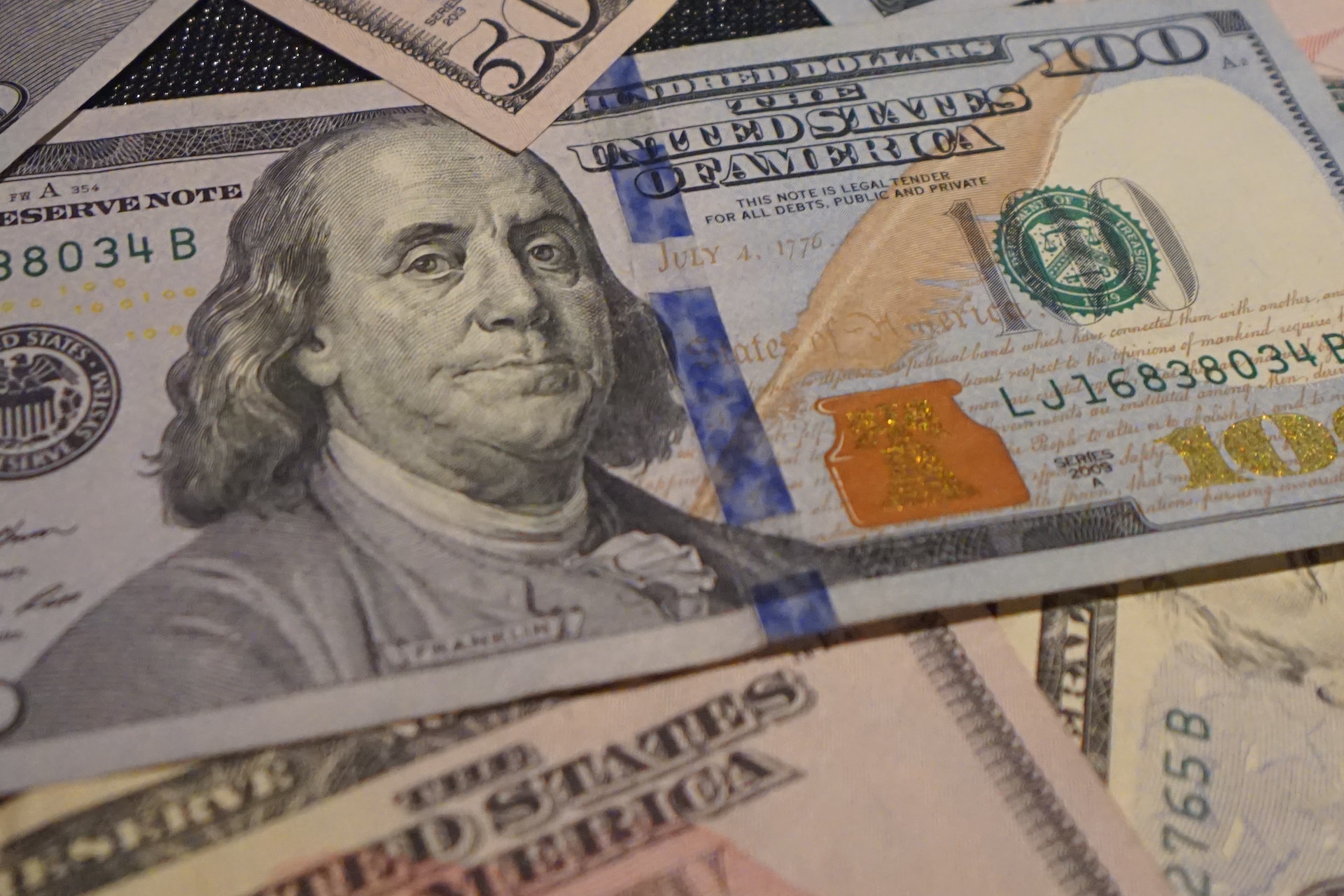
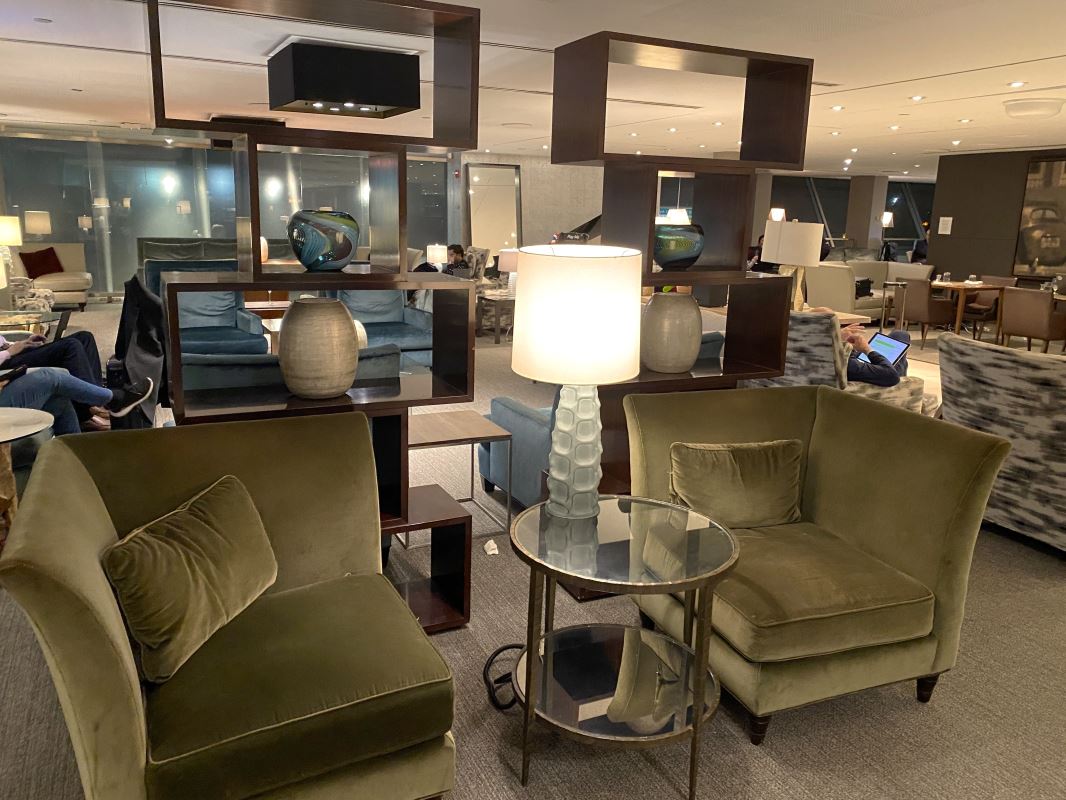
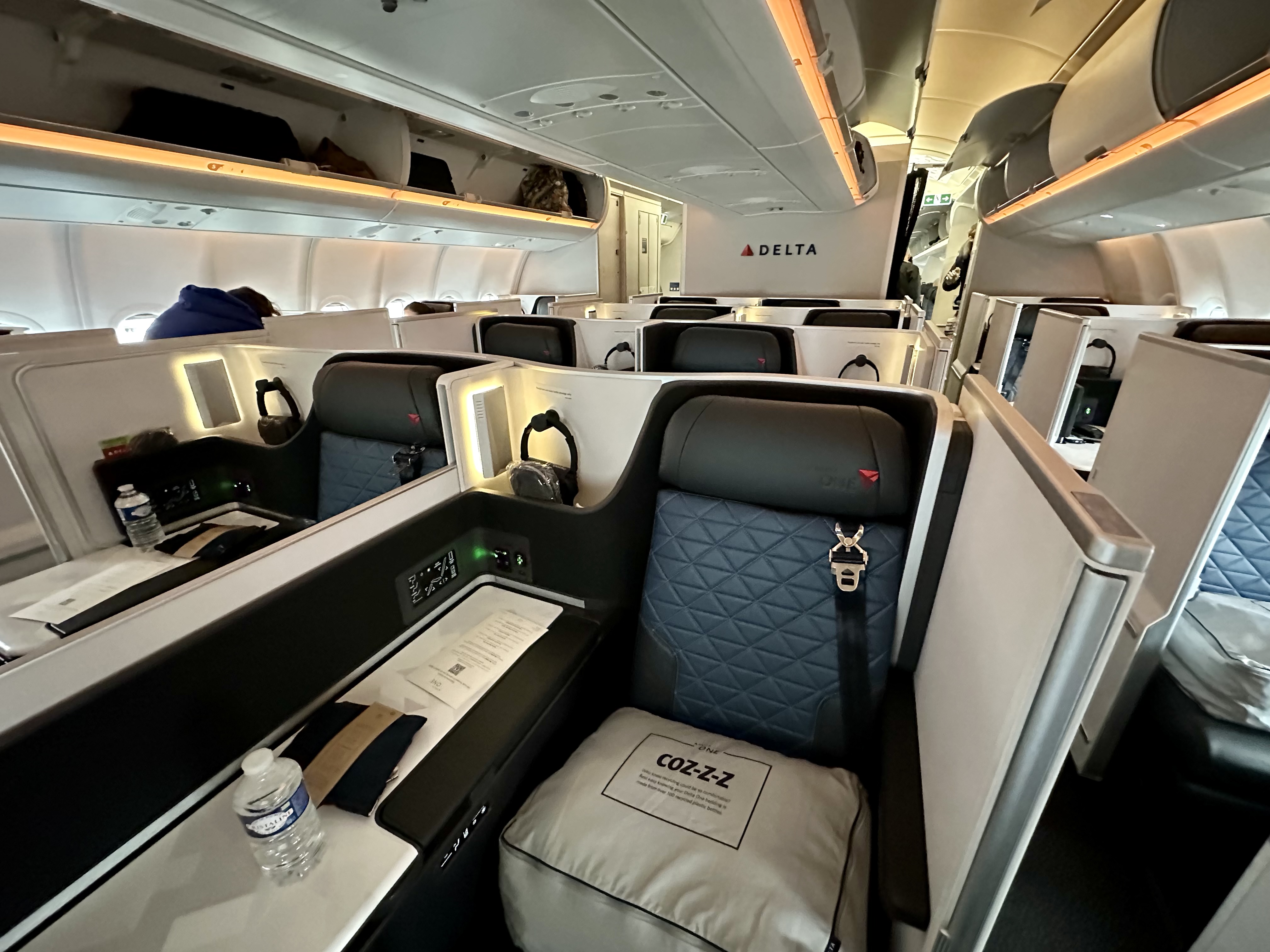

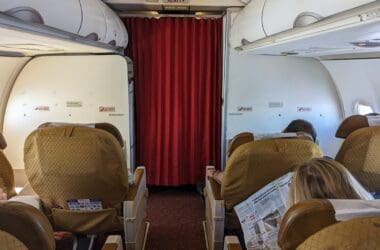


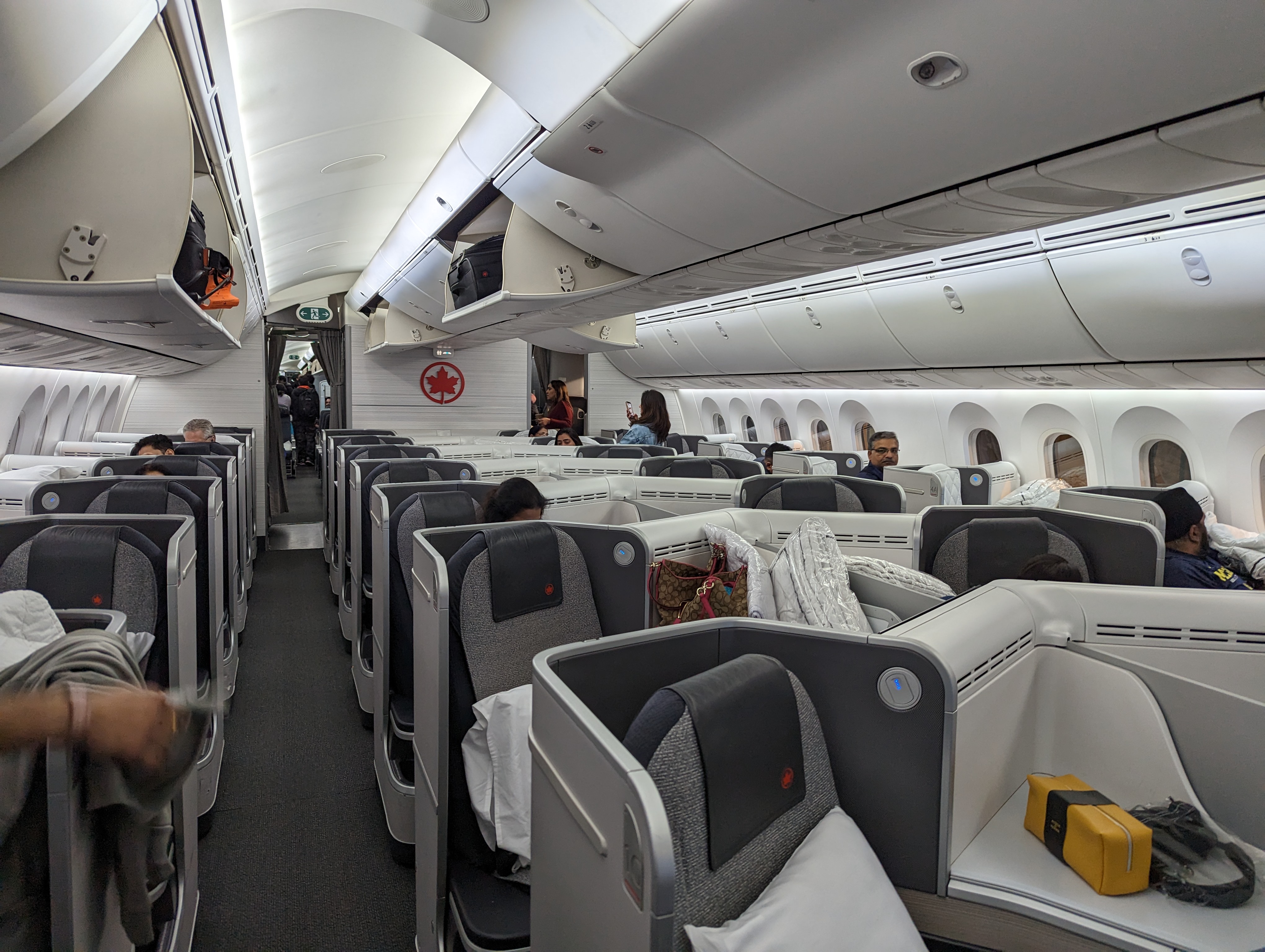
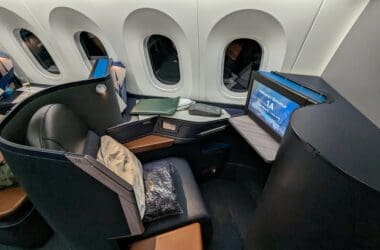
When you first go to a hotel there are so many potential people you can seek to tip – how do you decide which one to pick?
I think that might deserve its own article.
How do you frame the bribe? For example, the breakfast server?
In a server, it’s quite straightforward. If I want to bribe the server, I ensure the server is going to be with me for my entire stay. And I basically say:
“Before I forget, let me take care of you today. Just so you know, I am here until Friday. But this is just for today.”.
Sad that in the US the corporations avoid paying their employees a decent hourly wage leaving it up to consumers to take up the slack. Tips in most of the world are a reward for excellent service or an optional “gift”. Its unfortunate that eating in the states is often a rushed affair to increase the tip count. Elsewhere the longer you eat the more booze is partaken & the bigger the bill. Often a nice tip follows if warranted.
Research literature advises: One issue is the possibility that a tipped employee will behave in a manner that is harmful to an employer in order to increase tips (for example, by giving the customer free desserts or drinks)
So, if corporations are unwilling to pay their employees a decent hourly wage and leaving the tip to consumers, you may as well hope to get something out of it.
Very sad that USA is exporting that tipping mentality all around the world now that it has discovered the earth is not flat.
I just find this comment hilarious!